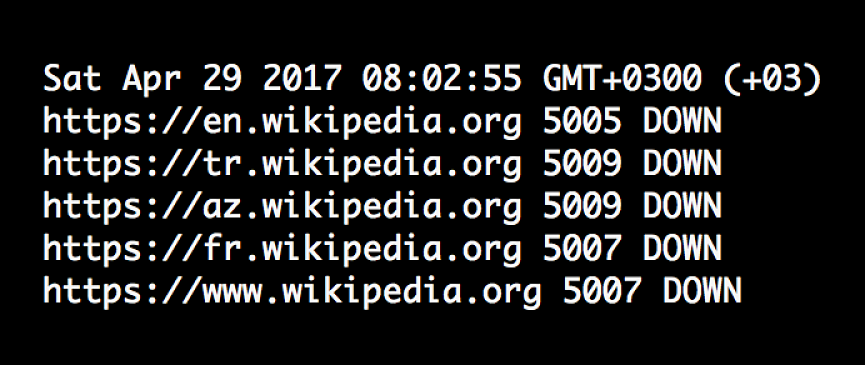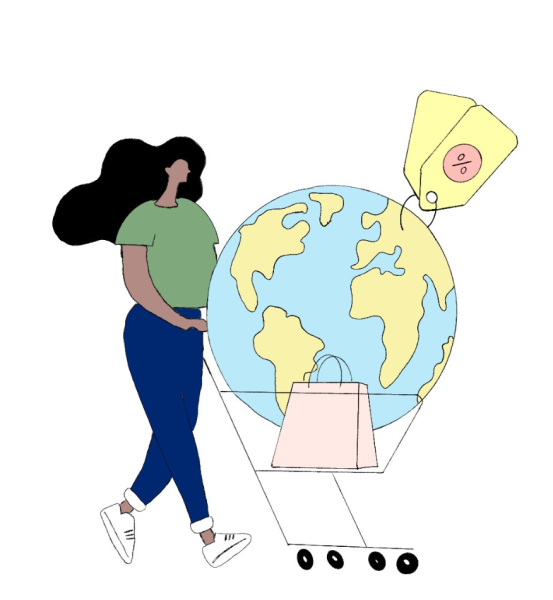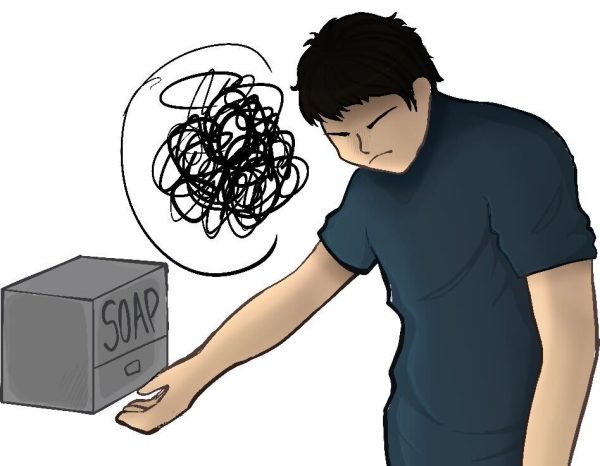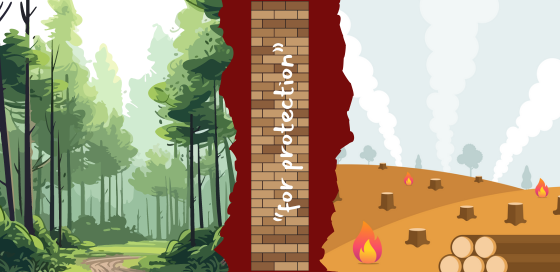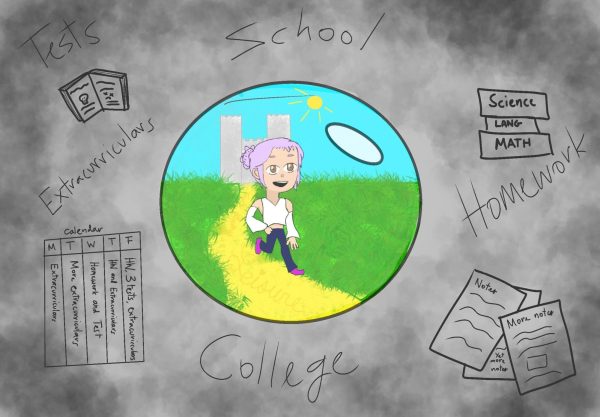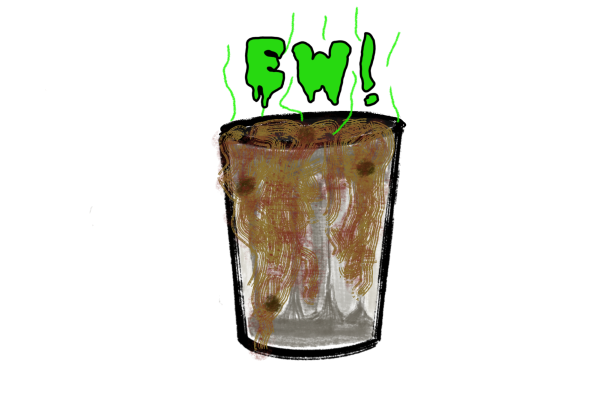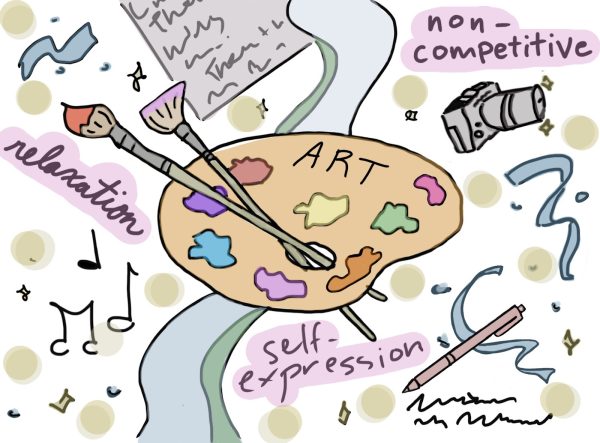The Ripple Effect: Information is a right (column)
… And so are our opinions
UNESCO tells us that information is a human right.
This is a fact you may not have known about if you’d been stripped of that right — a quick, searchable fact that’s backed up by several sources like Wikipedia.
But if you live in Turkey, sorry! Wikipedia’s been blocked there since April 29, 2017, because it didn’t take down two pages claiming Turkey sent support to Syrian jihadists. The ban is perfectly within the Turkish government’s rights, since according to Hurriyet News, it’s allowed to ban pages that are “obscene” or a “threat to national security.” And apparently, a page that questions the morality of the government counts as a threat to national security.
Now, maybe those claims were questionable — who knows? It’s Wikipedia, the site your teachers have been warning you against citing in your papers since seemingly the beginning of its existence. But what’s troubling is the shutting down of access to the other, perfectly (well, acceptably) legitimate information on Wikipedia.
It’s not as though the Turkish government hasn’t done this before. According to the BBC, social media sites like Twitter have been banned for “allegations of corruption,” because they’ll damage President Erdoğan, because — well, that’s just censorship, isn’t it?
There are times when censorship is justifiable; for instance, when you’re censoring gratuitous violence on kids’ shows. But censorship that outright denies facts is genuinely harmful for everyone involved.
Let’s think of it this way: You can have a different opinion than me. We can disagree. But, our baseline ought to be the same facts, or we’re arguing over two wildly different realities. When a country takes away that baseline, it’s taking away the right to see the information ourselves. Worse, that it’s taking away the right for us pass judgment on that information and form an opinion.
Sure, some of the people we argue with seem to live in a different universe anyway, but that’s through vehement denial and/or picking sources that are fast and loose with the facts. However, it remains that our baseline is technically the same. At any point in time, we here in the United States have the freedom to look up a fact and see how many reputable sources echo it, or how much evidence backs it up. We choose whether or not to accept that information — we make that choice.
Not our governments.



